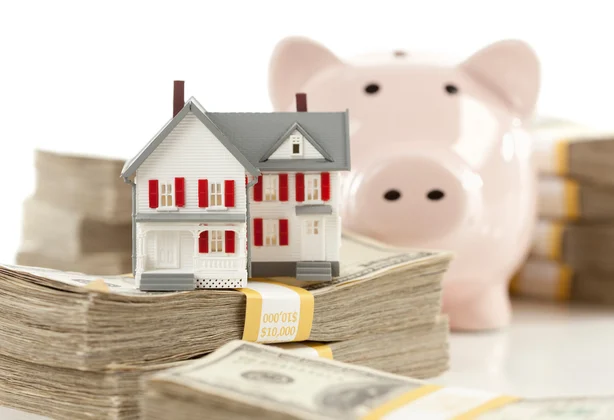When it comes to building long-term wealth, investing in property remains a popular choice for many Australians. But not every investment property is a smart one. To make sure you’re buying a property that actually delivers value, you need to calculate its return on investment (ROI).
This means looking at what you’re earning compared to what you’re spending. In a competitive market like Melbourne, where property prices and rental demand can vary widely, understanding your ROI before you buy is essential.
What Is ROI in Real Estate?
Return on investment, or ROI, is a percentage that tells you how much profit you’ll make from a property in relation to the money you’ve put in. It helps investors compare different opportunities and make better decisions. ROI is a basic but powerful way to see if a property will help you build wealth—or if it might become a financial drain.
If you’re new to property investing or want to avoid costly mistakes, working with a buyers agent Melbourne can be a smart move. They can help you find properties with strong potential and guide you through the financial analysis needed to ensure you’re making a sound investment.
The Basic Formula for Calculating ROI
The general formula for calculating ROI on a property is:
ROI = (Annual Rental Income – Annual Expenses) ÷ Total Investment × 100
Let’s break that down:
- Annual Rental Income: This is the total rent you expect to receive from tenants in one year.
- Annual Expenses: These include council rates, insurance, property management fees, maintenance costs, and loan interest.
- Total Investment: This is the amount of money you put into the property, including your deposit, stamp duty, legal fees, and any renovation costs.
The final number you get is your ROI percentage. The higher the number, the better the return.
A Simple Example
Imagine you purchase a unit for $600,000 and you put down a 20% deposit of $120,000. You earn $500 per week in rent, giving you $26,000 annually. Your yearly expenses, including loan interest and other costs, come to $16,000.
Your net income is $10,000 per year. Divide that by your initial investment of $120,000 and multiply by 100:
ROI = ($10,000 ÷ $120,000) × 100 = 8.33%
This means your investment is returning 8.33% annually. Whether that’s good or not depends on your goals, but generally, anything over 6% is considered healthy in property investment.
Capital Growth vs Rental Yield
When assessing ROI, it’s important to think about both rental income and capital growth. Rental yield tells you how much cash flow the property generates. Capital growth, on the other hand, is the increase in the property’s value over time.
A buyers agent Melbourne can help you find properties that balance both. Some areas offer high rental yield but slower growth, while others have strong long-term capital gains but lower rent returns. It all comes down to your investment goals—whether you’re focused on income now or growth in the future.
Hidden Costs to Watch Out For
Calculating ROI isn’t just about simple maths. There are hidden costs that can eat into your profits if you’re not careful. These include:
- Vacancy periods: Time when your property is empty and not earning rent.
- Unexpected repairs: Big maintenance issues like plumbing, roofing, or pest control.
- Body corporate fees: If you’re buying a unit, these can add up quickly.
- Loan changes: Variable interest rates can change your repayment costs.
Being realistic about expenses is key to getting an accurate ROI. This is where a buyers agent Melbourne can provide real-world advice based on experience in the local market.
Tools to Help You Calculate ROI
You don’t need to be a maths expert to work out ROI. There are several free property investment calculators available online that can do the job for you. Simply enter the purchase price, expected rent, and your expenses to see the expected return. Still, it’s always best to double-check with a financial adviser or property expert before making a final decision.
When ROI Isn’t the Whole Story
ROI is a useful measure, but it’s not the only thing to consider. You also need to look at:
- Location: Is the area growing? Is there infrastructure and job demand?
- Tenant demand: Will it be easy to rent out your property?
- Future development: Are there new projects nearby that might boost or lower value?
A property with a slightly lower ROI might still be a great long-term investment if it’s in a suburb with strong capital growth prospects.
Melbourne is full of opportunities, but it’s also a market where getting professional help can make all the difference. A buyers agent Melbourne can help you not only find great properties but also make sense of the numbers, so you invest with confidence.
In the end, the goal is simple—choose a property that pays you back, both now and in the future. Understanding your ROI is the first step toward making that happen.
